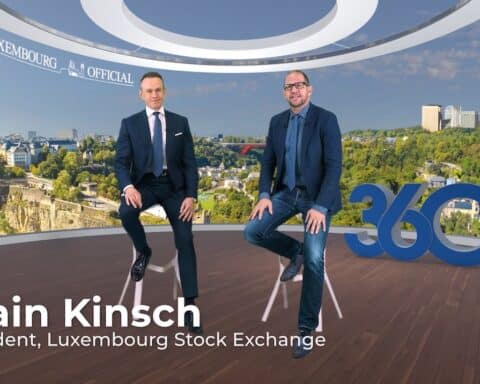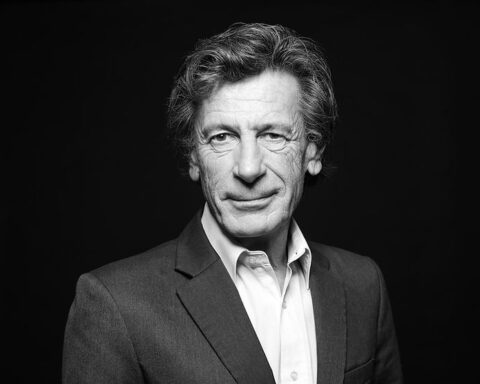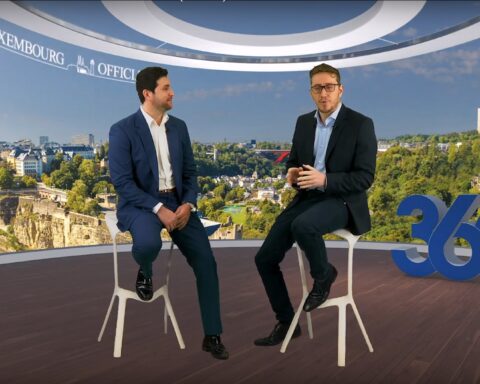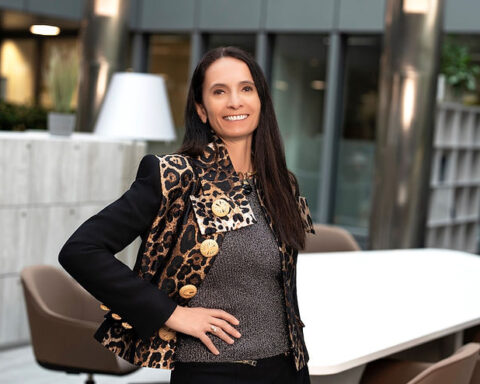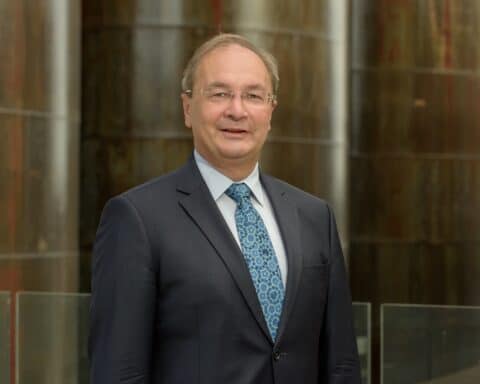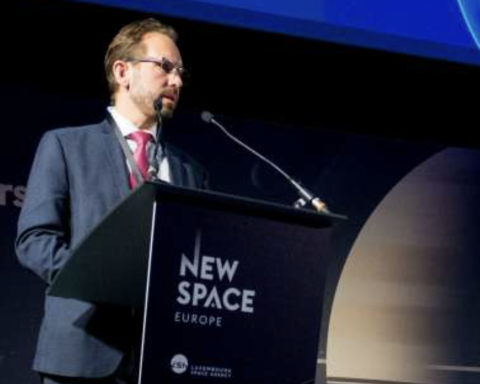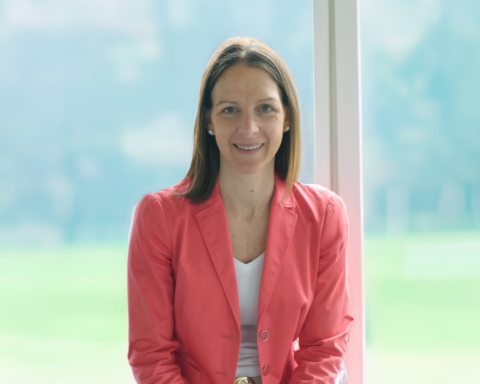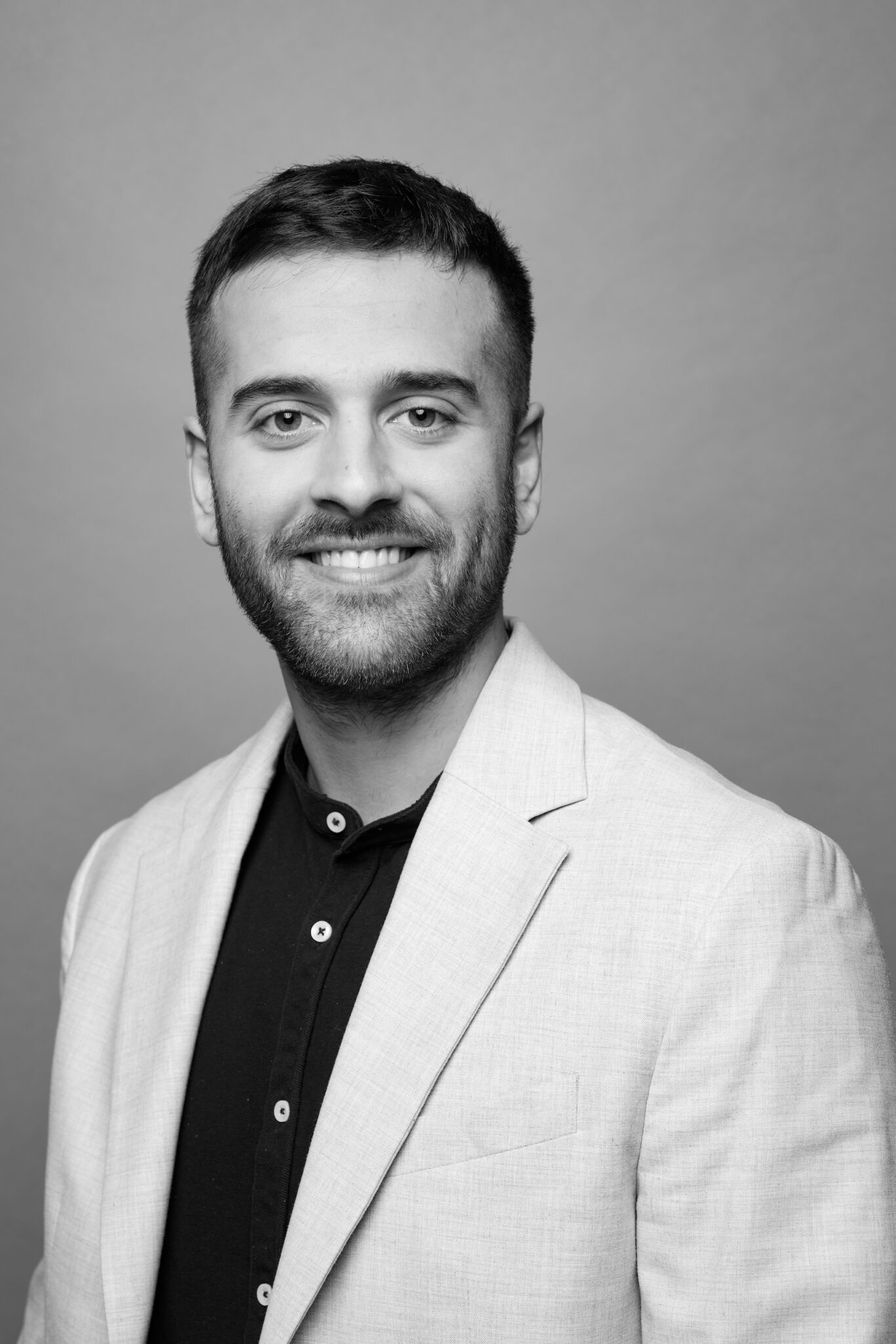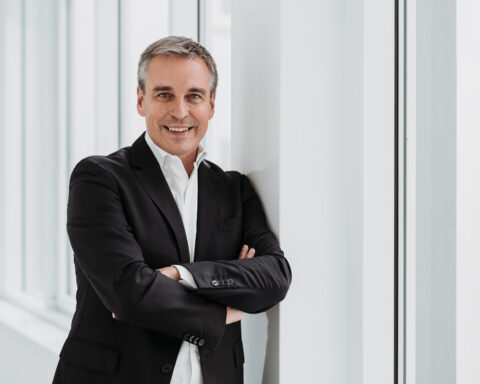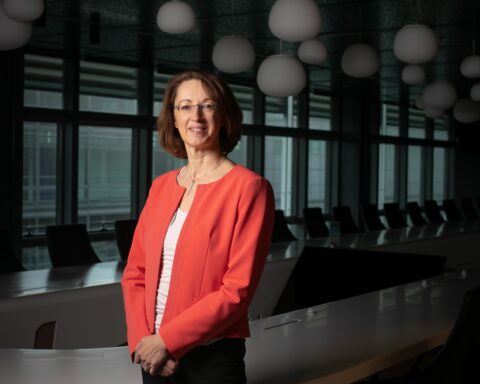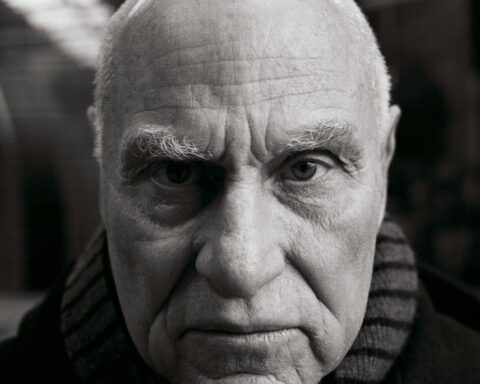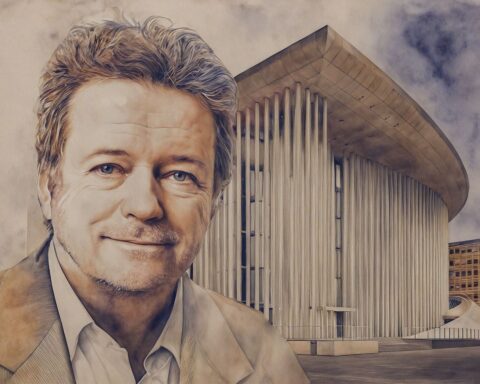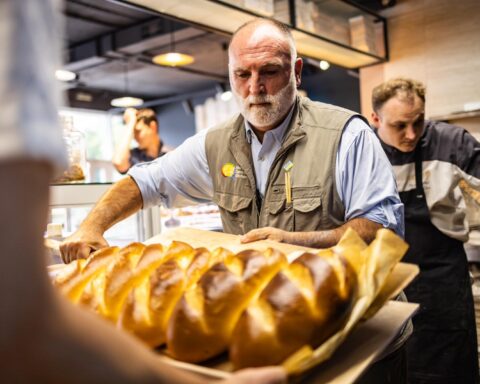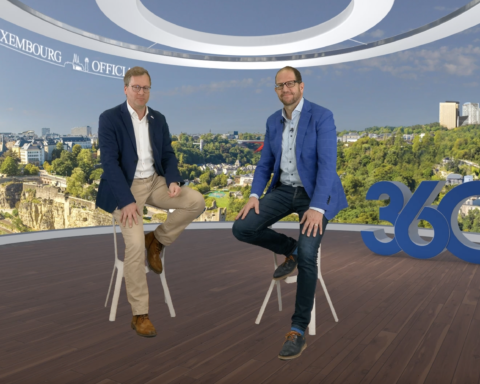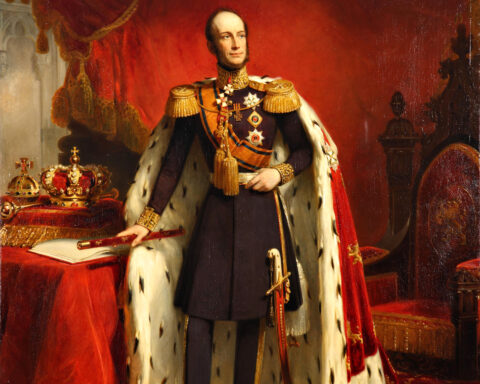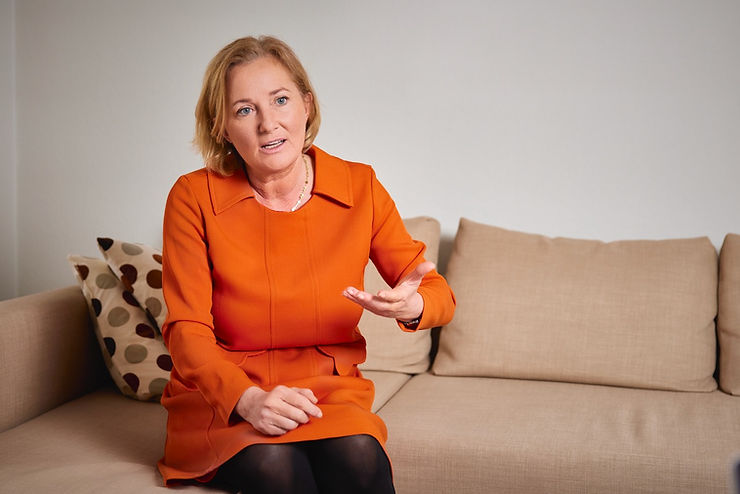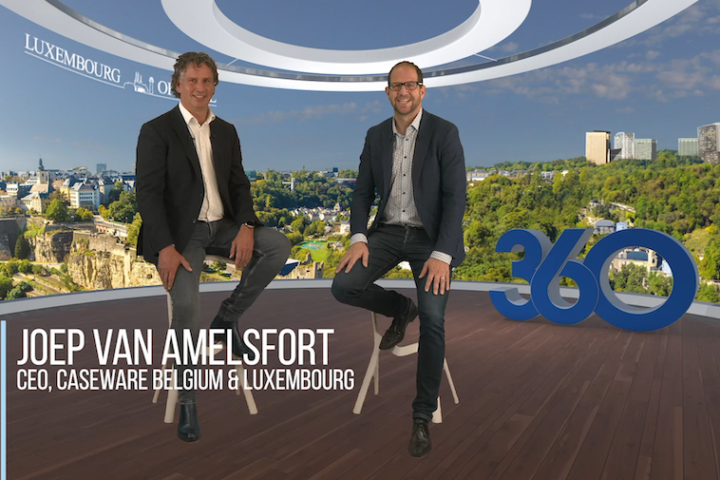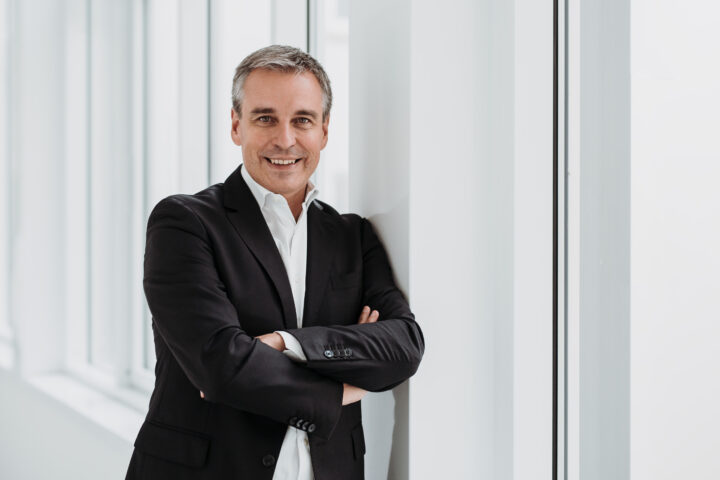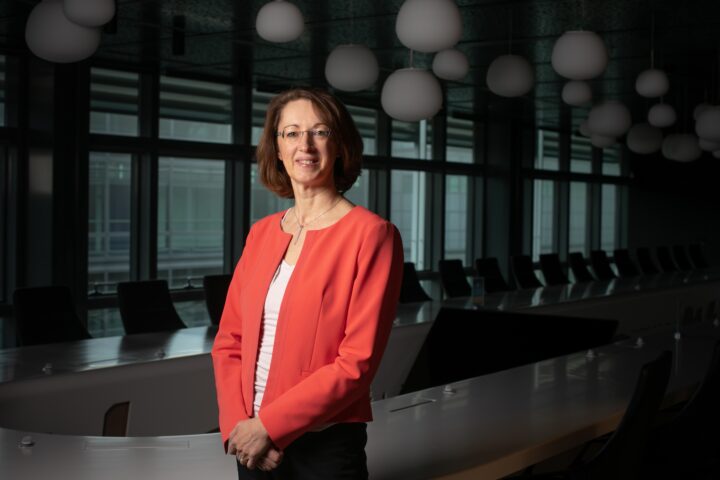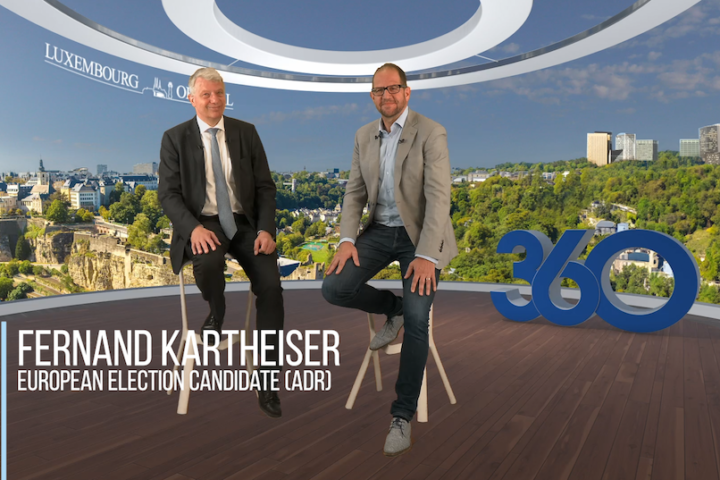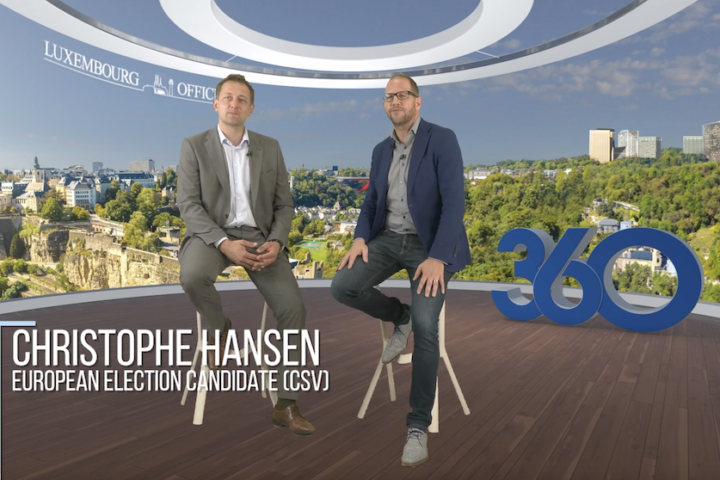What are your priorities for the next elections?
One of my key priorities building up to the next election is social equity. This is a cross-cutting issue that must be respected in all policies. The aim is to create equal opportunities for everyone to find a job in Luxembourg. With a workforce drawn from a wide range of nationalities, the government has to support a diverse population with varying experiences and expectations. A resilient system that can bring everyone on board helps to make that society fairer and more prosperous. That means creating accessible services such as transport and healthcare, but it also means providing housing. A population that has grown by 25% over the past 10 years is putting a strain on the country that has to be addressed. Prevention is better than a cure, and I believe that long term investments, planned and executed now, will pay off in the long term.
“Crises are opportunities to recognise strengths and weaknesses.”
Which aspects of the economy need to be improved to keep Luxembourg competitive?
There are economic as well as social challenges facing Luxembourg. A supportive society needs a healthy economy to support it. Here, I see Luxembourg’s fate as tied to its regional partners, Europe needs to become more self-sufficient. Luxembourg must contribute and set an example and must not shirk its responsibilities. This means establishing administrative procedures that are easy to set up and flexible enough to move with the times, that support innovation and research. The global economy is going through two radical transformations at once, as a digital economy takes hold and we struggle to find ecologically sustainable ways of living and working. With growing research resources, good data management infrastructure, and space for innovation, I hope to make Luxembourg attractive for modern businesses. Here, my priorities go hand in hand. People are more likely to work in a country that’s supportive to live in, and their work will help finance that supportive society.
Which opportunity do you identify for the future?
The environmental transition is a reminder of the difficult times we live in, including economic uncertainty and social change. But this needn’t be a bad thing. Crises are opportunities to recognise strengths and weaknesses. For the country, we should not keep a low profile. Luxembourg knows how to stand up and be creative, fast and flexible. It’s that flexibility that I aim to tap into with my agenda for Luxembourg over the next few years. Social dialogue and consensus can help find solutions for difficult challenges. Luxembourg’s diversity, coupled with steady investment, can make the country into a centre for sustainable finance. And with that flexibility, the country can be the first on innovations, a small country making a big mark in the world.


